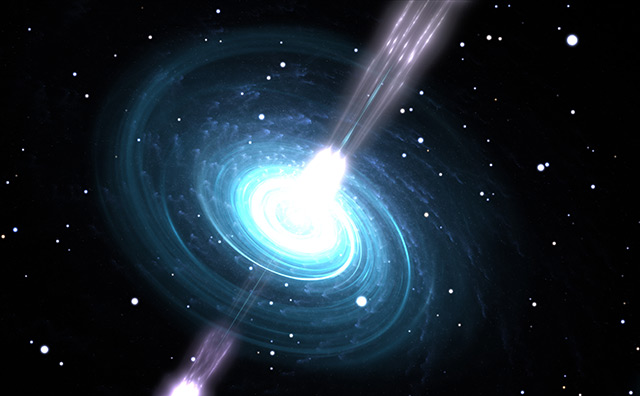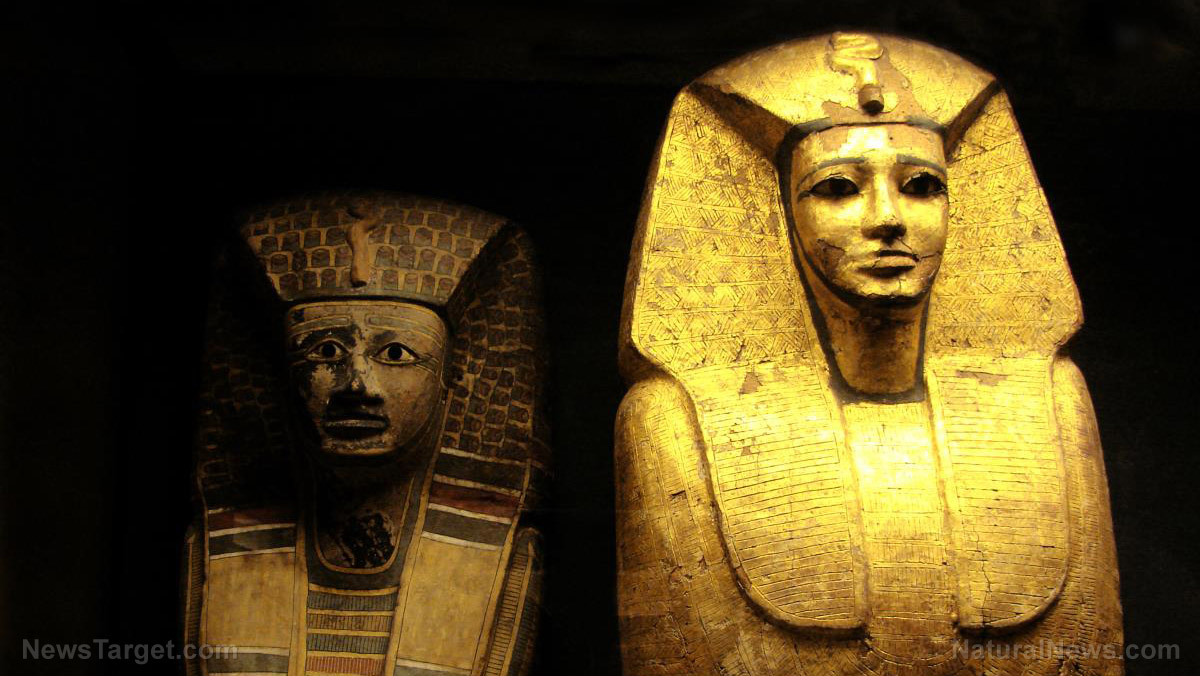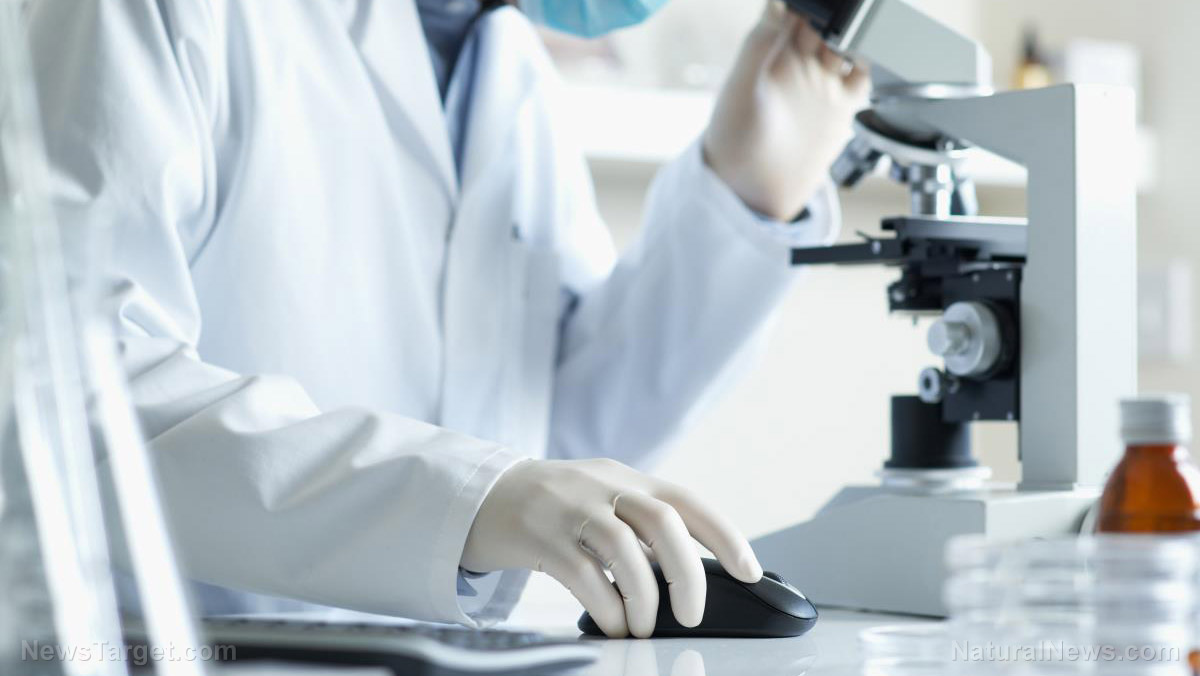 Parler
Parler Gab
Gab
What is gravitational wave memory?
Gravitational waves are ripples in the fabric of space-time. They squeeze and stretch everything in their path and come from nearly every kind of motion possible. However, because gravitational waves are so weak, only the most energetic events can create ripples that can be detected by LIGO and Virgo, both of which are designed to detect gravitational waves. Such events include supernovas and mergers of black holes. When gravitational waves wash over the Earth, they move things by a distance of less than the width of an atom. Once they have passed, they leave behind another wave of gravitational ripples, which also leave behind another wave of new ripples, and so on. Each new generation of waves is weaker than the last, Sutter said, but the effect accumulates into what astronomers call space-time "memory" – a permanent distortion of space-time left in the wake of a passing gravitational wave. "In other words, when gravitational waves wash over you, you don't just stretch and squeeze temporarily. When all is said and done, you are left permanently stretched," Sutter wrote. (Related: Space-time ripples could help scientists uncover exoplanets from other galaxies.) While scientists haven't found direct evidence for space-time memory yet, he said that the future data taken by LIGO and Virgo should bear proof of it. This would take the form of a permanent shift in the position of the detectors, well after the passage of a confirmed gravitational-wave event, he added. The astrophysicist acknowledged that detection would take time, since the memory of each ripple was virtually impossible to observe. To make a detection, scientists would have to record multiple events to build up the evidence needed to spot space-time memory.Gravitational-wave memory may be detected as early as this decade
In a study published last year in the journal Physics Review D, researchers from Monash University in Australia provided an idea of what and how long it would take to detect gravitational-wave memory. After analyzing the first 10 black hole mergers detected by LIGO and Virgo between 2015 and 2017, the researchers predicted that the observatories would need to record around 2,000 black hole mergers to spot the aftereffects of space-time ripples. While this figure seemed huge, the team expected to hit this number by the middle of this decade. They also noted that while LIGO and Virgo were currently not sensitive enough to make any statements about gravitational-wave memory, the facilities were continuously being upgraded and had been able to detect more than 40 mergers between April 2019 and January 2020. The recent addition of Japan's KAGRA observatory, which went online last year, should also boost observations. Advancements in technology could further quicken data collection and lead to an earlier detection than expected. Indeed, the next generation of gravitational-wave observatories might be able to detect gravitational-wave memory within just a year of observations, Sutter said. Follow Cosmic.news to learn more about gravitational waves and other fascinating space concepts. Sources include: Space.com SpacePlace.NASA.gov Phys.orgSupplementing with vitamin D found to improve blood pressure in overweight children
By Zoey Sky // Share
Steve Quayle: Truth about aliens and destruction of human race will be revealed
By Kevin Hughes // Share
Qatari study finds natural immunity is 97% EFFECTIVE against severe COVID even after 14 months
By Ramon Tomey // Share
Curcumin found to stop cancer cell growth
By Zoey Sky // Share





